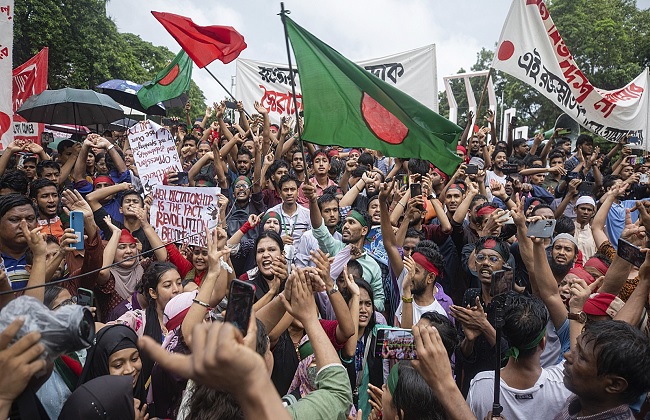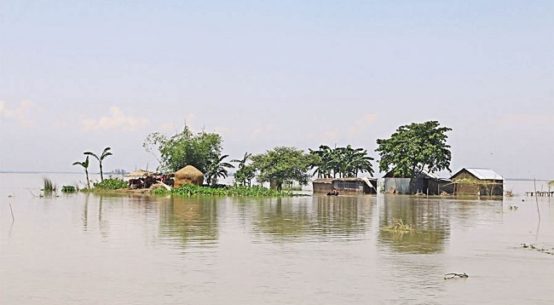
A total of 1,423 people have been reported dead in the intense student-public movement, according to Tarikul Islam, the member secretary and coordinator of the central sub-committee on health for the Anti-Discrimination Student Movement.
On Friday night, he addressed the initial list of casualties and the support for their families on Facebook.
Tarikul said they have compiled a preliminary list of those killed and injured in the Anti-discrimination Student Movement, which began in July, based on information from various governmental and non-governmental sources across the country.
“We have managed to create a preliminary list of 1,423 martyrs. However, there will be additions and deletions; some people who were not killed in the movement, such as the police or collaborators like Chhatra League or others, will be excluded. We are continuing the verification and validation process and aim to release an accurate list.”
Tarikul added that during this time, more than 22,000 people were injured. Among them, 587 have lost limbs.
Due to gunshots, 685 people have partially or completely lost their eyesight. Of these, 92 people were shot in both eyes, causing complete blindness.
He noted that preparing the list of injured individuals was quite challenging, and the number of injured will also be updated.
“Working with the injured has been very difficult because the number is overwhelming. When we collect information from hospitals, a lot of garbage data comes through.
“Names of people who were not injured in the movement get included. Often, we only get their names, but no phone numbers or addresses. In some cases, we have had to use intelligence information to recover their names and addresses. Upon verification, we found that some of them were not injured in the movement.”
Tarikul continued that more than 600 injured individuals have been provided with emergency assistance from their side so far.
As-Sunnah Foundation has taken full responsibility for 2,000 patients, Sajeda Foundation for 450 patients, and 1,800 people have received financial support.
According to Tarek, due to the lack of accurate information, many injured people were reached late because of difficulties in communication.
However, wherever they receive information that someone is in need of financial support, they are arranging assistance accordingly.


